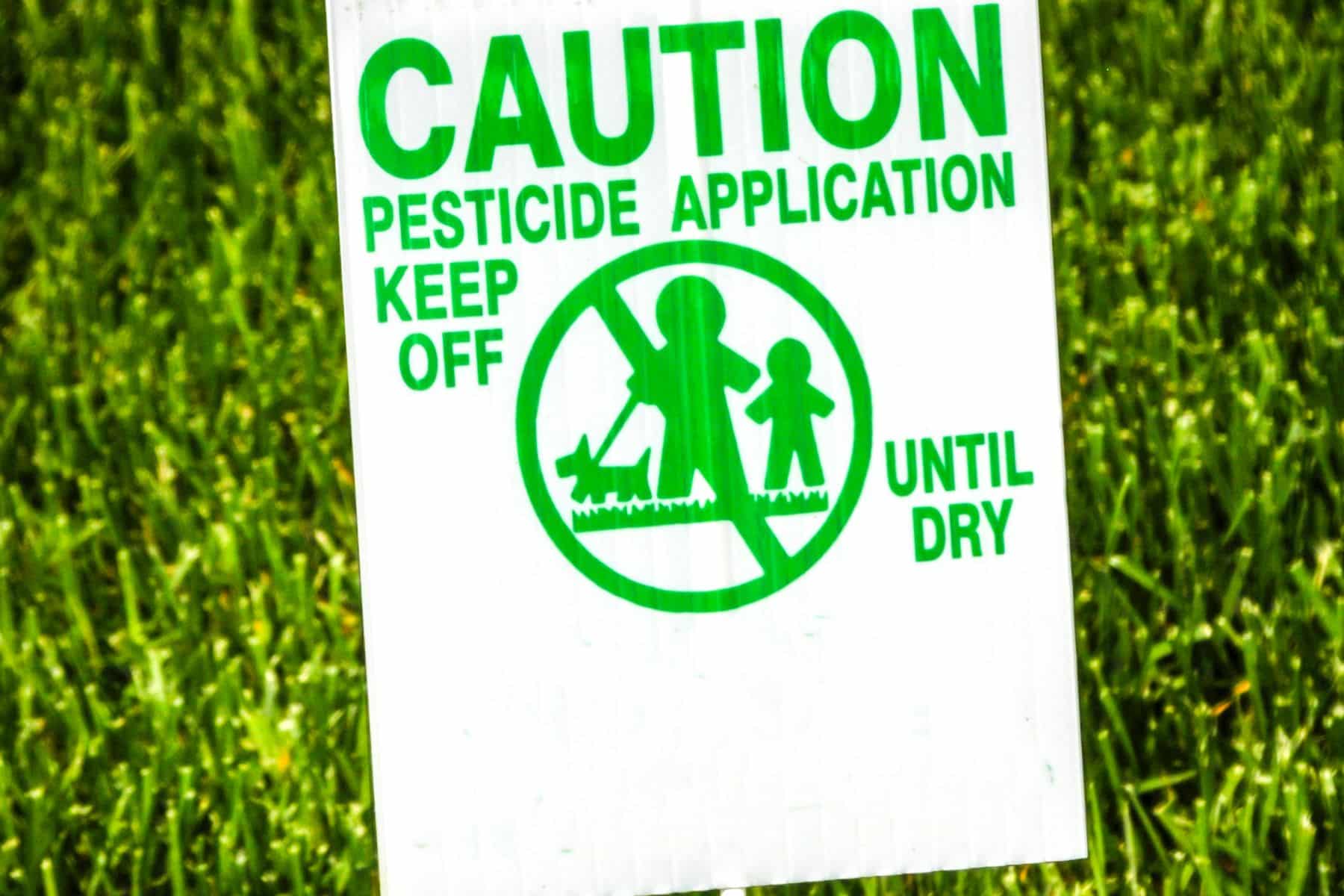
Federal government signals its willingness to get serious on pesticides; reducing pesticide risk and use must be a priority to protect human health and biodiversity, say environmental groups.
Toronto, Ont./ Traditional territories of several First Nations including the Williams Treaties First Nations, Huron-Wendat, the Anishnaabeg, Haudenosaunee, Chippewas, and the Mississaugas of the Credit First Nation – Environmental groups welcome today’s announcement from the federal government stating its intention to end the cosmetic use of pesticides on federal lands and strengthen regulation of pesticides. The David Suzuki Foundation, Environmental Defence, Wilderness Committee, Ecojustice, Friends of the Earth and Prevent Cancer Now say the changes announced today are a positive first step towards more robust regulation of pesticides.
However, the groups caution that legal changes, if adopted, will need to be properly implemented and adequately resourced in order to better protect human health and the environment from pesticide risks. Furthermore, additional action to reduce pesticide use and risk will be needed if Canada is to meet its commitments under the Convention on Biodiversity to reduce the risks from pesticides by half by 2030.
The federal government also indicated it will not immediately approve proposed increases to the amount of glyphosate permitted on imported foods. This is a temporary victory for environmental and health groups, who reiterate their call for the government to reject the proposed increases. The groups welcome further review of Canada’s flawed system for limiting pesticide residues on food. A comprehensive approach is needed to reduce — not increase — exposures to hazardous herbicides linked to cancer in humans, like glyphosate.
Beatrice Olivastri, Friends of the Earth Canada said:
“The Government of Canada manages some 41,240,072 hectares of land area – we are very happy to hear that cosmetic pesticides will be banned on this federal land from coast to coast to coast. We look forward to visiting federal buildings across Canada where pollinators will be able to flourish safe from bee toxic neonicotinoids and glyphosate to name just a few of the pesticides to be banned. This must be a start, not a finish, to banning harmful pesticides in Canada.”
Laura Bowman, Ecojustice lawyer said:
“Canada urgently needs to reverse the trend of rapidly increasing pesticide use, and close regulatory loopholes that allow extremely dangerous products — banned in other countries — to continue to be heavily used even when there are no pest or weed outbreaks. Worker protections from pesticides in Canada continue to be well behind those in other countries.”
Ashley Wallis, Environmental Defence said:
“Today’s announcement signals that the federal government is considering actions to reduce pesticide risk. If we are going to achieve significant pesticide risk reduction by 2030, which Canada committed to at COP15 in Montreal last December, we need urgent action and leadership from this government. It’s long past time to end the overuse of under-regulated pest products.”
Charlotte Dawe, Wilderness Committee said: The harm that pesticides cause not only to the environment and biodiversity but to human health are widely known. Banning the cosmetic use on federal land is a good step forward but these toxic pesticides are still sprayed over non-federal land for logging and agricultural uses in this country, and that needs to stop too.
Lisa Gue, David Suzuki Foundation said:
“We’re encouraged the government is taking first steps towards reducing pesticide risks. Ending the cosmetic use of pesticides on federal lands will eliminate needless risks to human health and the environment, while the proposed changes to federal pesticide regulation would be welcome improvements to the pesticide assessment process. Let’s hope this signals a new direction in Canada – one centered on protecting human health and the environment and prioritizing Canada’s international biodiversity commitments.”
Meg Sears, Prevent Cancer Now said:
“Turning the corner on biodiversity losses requires urgent reduction in pesticide products and their use. This is a great first step, to inspire provinces and municipalities across the country. As well, a proposed regulatory change for meaningful access to and re-analysis of test data is welcomed by scientists who see major omissions in pesticides assessments.”




